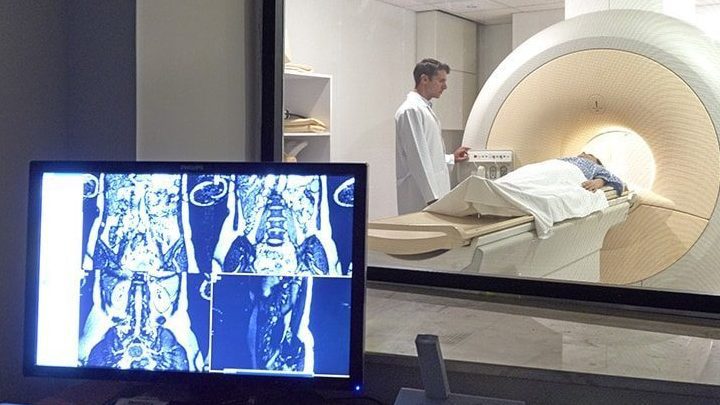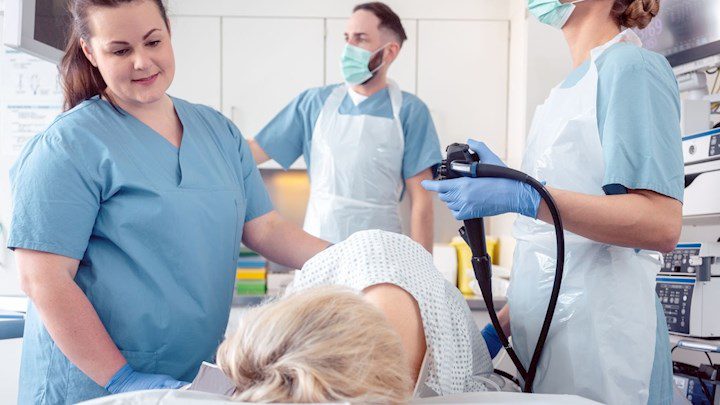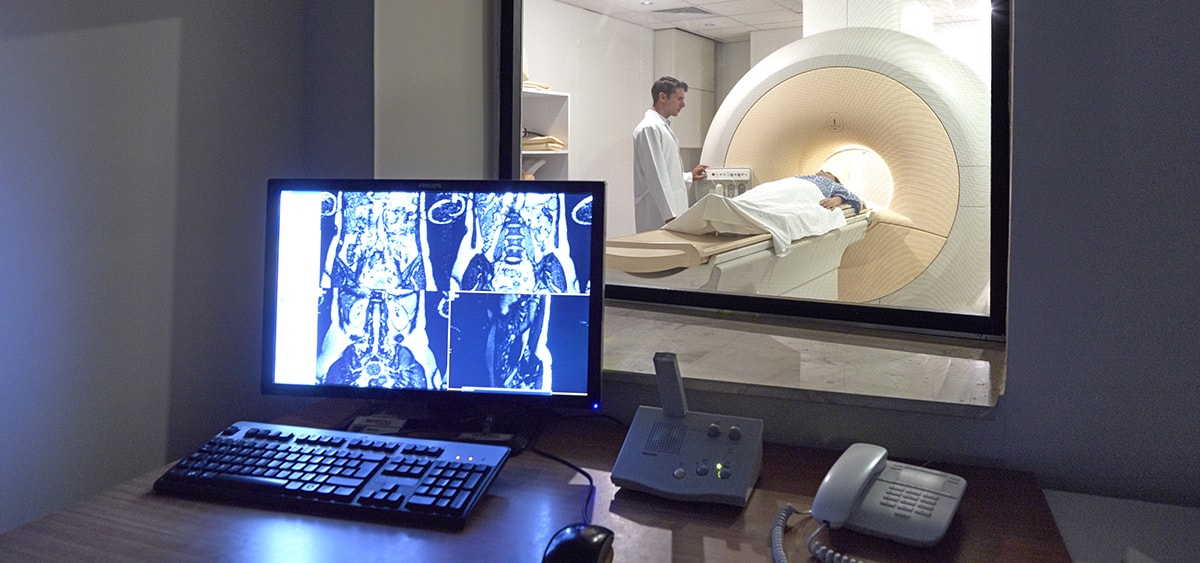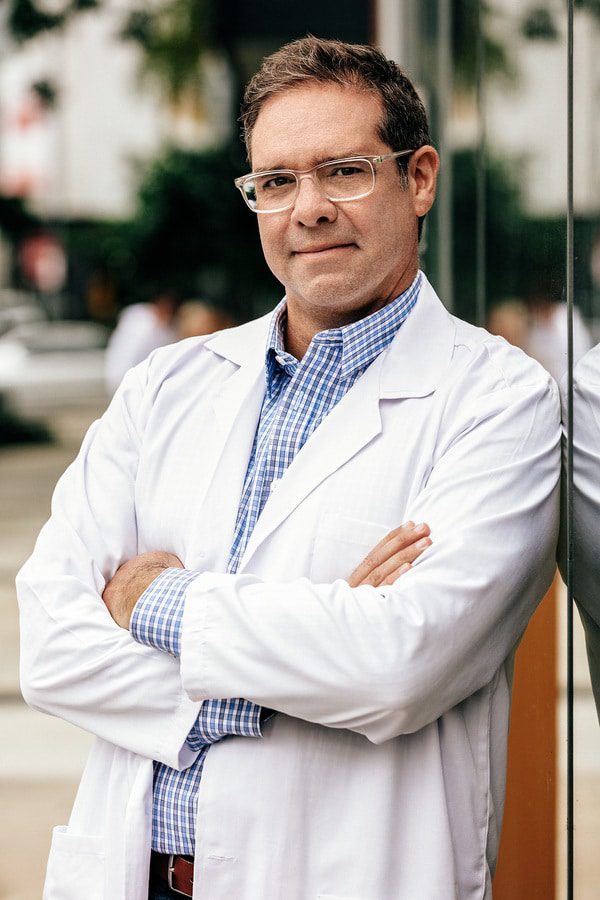
Every human is susceptible to sickness and disease. Maintaining health translates into our ability to enjoy life and maintain a healthy lifestyle. However, numerous conditions are dangerous to an individual’s health and wellbeing. Moreover, some conditions can be a silent danger with no warning signs; an individual can feel fine until symptoms signal potential health problems and risks, which physicians could discover too late to treat effectively.
Health screening is an effective way to detect a particular disease or condition before exhibiting symptoms. Early detection gives patients absolute control over the disease since they can get the proper treatment at the right time. Ultimately, health screening facilitates lifestyle changes or surveillance to detect diseases early or reduce their risks.
In addition, while the screening test detects potential problems, it also helps minimize unclear and confusing results. Even though screening tests are not always accurate, having the screening at the appropriate time is generally more valuable than not having it at all. A health screening is recommended after assessment by a physician, which considers factors such as gender, age, lifestyle habits, current symptoms, and pre-existing diseases.

Preventing Life-Threatening Diseases with Health Screenings
During an interview with Top Doctor Magazine, Dr. Erin King-Mullins, a colorectal surgeon in Atlanta, GA, confirmed that screening is essential to prevent multiple life-threatening diseases, including cancer. In addition, timely screening can significantly decrease the risk of death from cancer. “… It’s imperative to get screened to be sure that you know what your risks are so that you can undergo a surgical procedure earlier if need be.”
The Georgia-based colon and rectal surgical associate disclosed that while diseases afflict humans indiscriminately, “…African-Americans are 20% more likely to get colorectal cancer and 40% more likely to die from the disease.” Consequently, Dr. King-Mullins made it her mission to make sure that this message reaches the public.
Being There for the Patient
Timely screening has saved thousands of lives. “When a patient is diagnosed with advanced disease, sometimes there is nothing that a physician could do surgically to help them. However, surgeons often then serve as a friend, a confidant, or someone that they can rely on to help them navigate the system when they are having difficulty.”
Speaking further on her experience with multiple patients, Dr. King-Mullins told us, “Unfortunately, I’ve had quite a few patients with advanced disease. Some are still living otherwise healthy lives. Some of them are still being treated for the disease and are on and off chemo. Unfortunately, some battles we weren’t able to win and the patients have succumbed to their cancer,.”
The Maternal Role during COVID-19
When the pandemic hit, Dr. King-Mullins, the compassionate physician who dedicates her life to helping patients lead a quality life, pivoted into a more encompassing role by creating an online community for moms. The new mom encourages women to take on their maternal role and keep up with their health during the COVID-19 pandemic. Dr. King-Mullins leveraged her online community – Corona Mamas – to remind women of the importance of screening and adjust to the difficult times that all moms are going through. “So whether they’re an experienced or new mother, they’ve had to reinvent themselves in many ways, given the pandemic, and be able to stay at home and remain productive.”
A Final Word
Early detection of health conditions through screening can mean the difference between life and death. It can also prevent the disease from developing into a chronic disorder. “Health screening helps avoid complications, meaning that if you do screening regularly, you can avoid morbidity and mortality and expensive treatment costs in the future. The biggest cost, however, is the cost to family unit and quality of life” Dr. King-Mullins concluded.






0 Comments